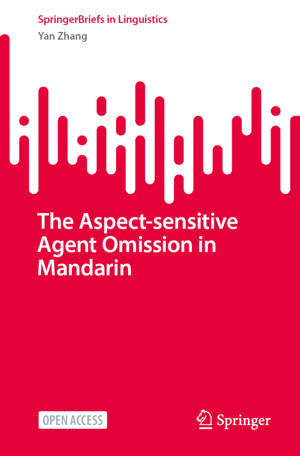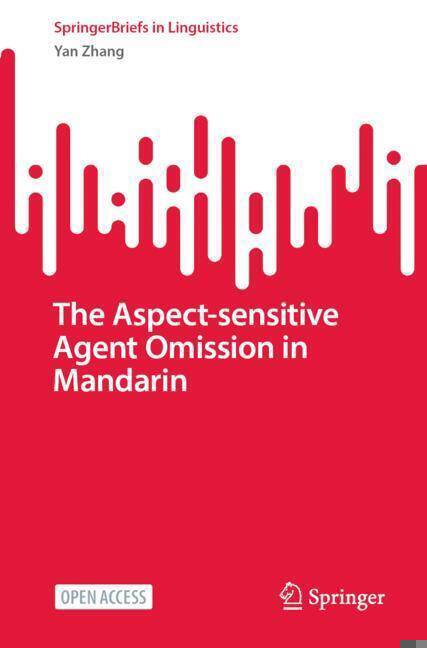
- Afhalen na 1 uur in een winkel met voorraad
- Gratis thuislevering in België vanaf € 30
- Ruim aanbod met 7 miljoen producten
- Afhalen na 1 uur in een winkel met voorraad
- Gratis thuislevering in België vanaf € 30
- Ruim aanbod met 7 miljoen producten
Omschrijving
This open access book aims to provide an explanatory account for the phenomenon of absent external arguments in Mandarin Chinese. It starts from the observation that although expletivizing an agent is considered impossible cross-linguistically, it is possible in Mandarin. To account for this exceptional behavior, it proposes the M parameter, which suggests that English and Chinese differ in whether the agentive entailments of the root are grammatically codified in selection for the feature [+m]. While the M parameter provides a grammatical basis for when omission of the external argument is possible in a given language, this book argues that expletivization in general is subject to a variant of the Proper Containment Condition (Rappaport Hovav and Levin, 2012), which is dubbed the Aspectual Proper Containment Condition (APCC). The APCC is concerned with the relation between the interval yielded by aspect and the situation in the speaker/hearer's mental model that obtains during that interval. It requires that the external argument be eliminated if and only if its referent does not participate in the situation in the mental model during that interval. This open access book demonstrates that in the vast majority of cases the APCC correctly predicts agent omission in Mandarin sentences containing one of the four aspectual markers (-zai, -zhe, -le, and -guo), with a few exceptions where additional restrictions are at play.
Specificaties
Betrokkenen
- Auteur(s):
- Uitgeverij:
Inhoud
- Aantal bladzijden:
- 150
- Taal:
- Engels
- Reeks:
Eigenschappen
- Productcode (EAN):
- 9789819629862
- Uitvoering:
- Paperback
- Afmetingen:
- 155 mm x 235 mm

Alleen bij Standaard Boekhandel
Beoordelingen
We publiceren alleen reviews die voldoen aan de voorwaarden voor reviews. Bekijk onze voorwaarden voor reviews.











